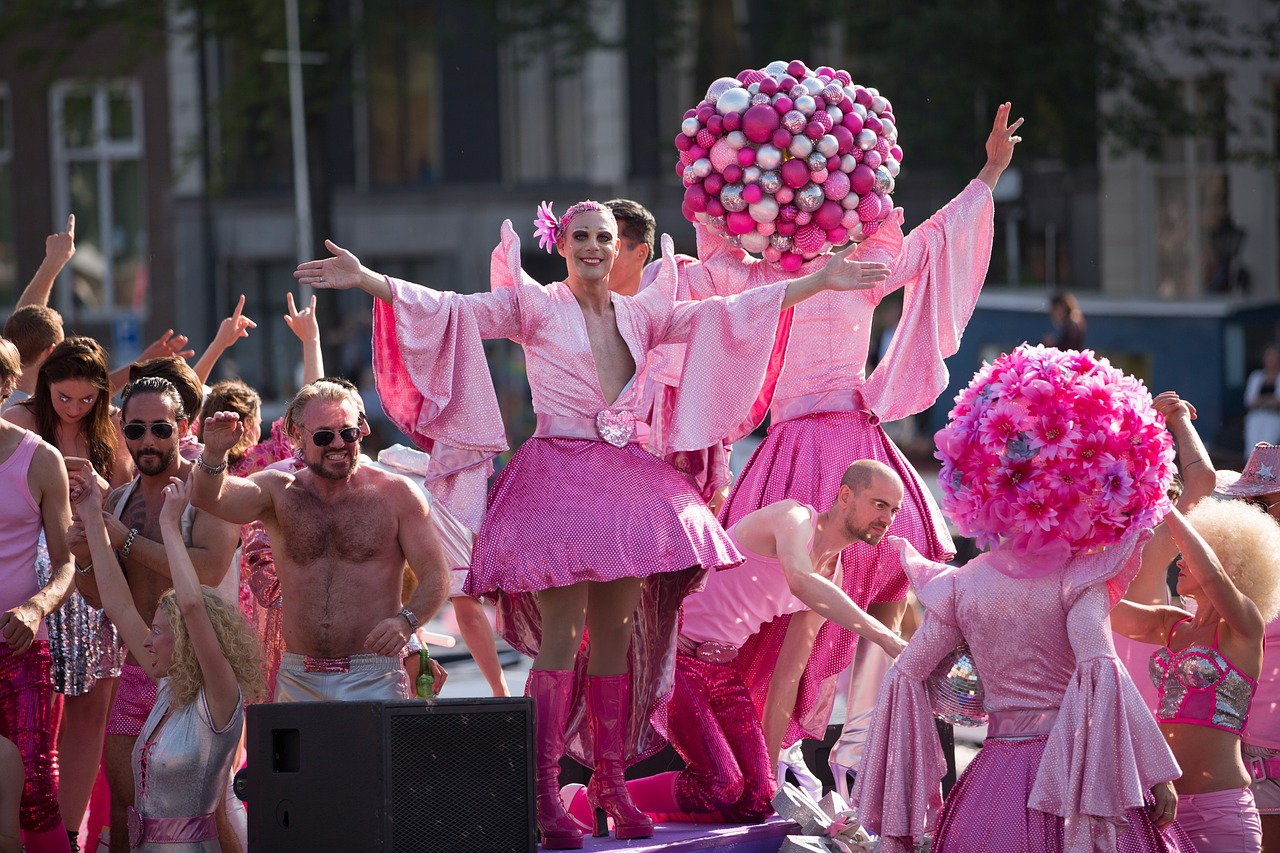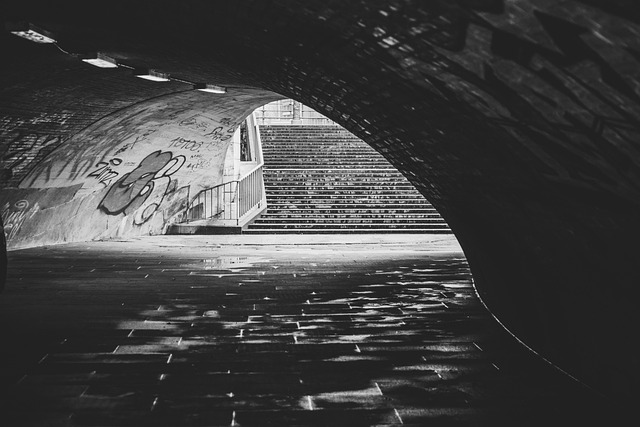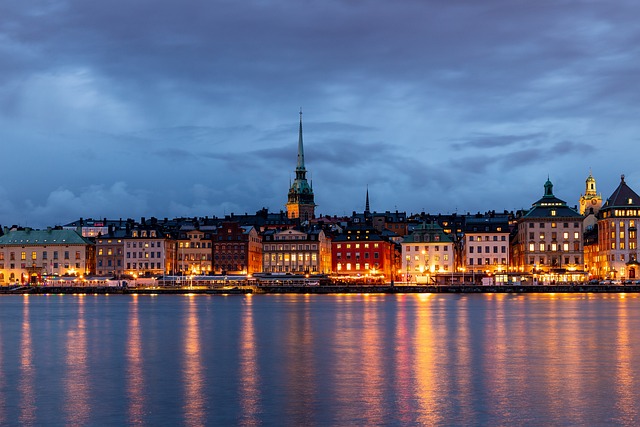 People buy too much junk. The large shopping malls are increasingly similar to shrines dedicated to the deities of waste and excess. Large companies mass produce unnecessary plastic gadgets that end up in the seas. Consumption has become a culture and lifestyle. We should work less, reduce our purchases and instead devote ourselves to self-realization. There should be higher values in life.
People buy too much junk. The large shopping malls are increasingly similar to shrines dedicated to the deities of waste and excess. Large companies mass produce unnecessary plastic gadgets that end up in the seas. Consumption has become a culture and lifestyle. We should work less, reduce our purchases and instead devote ourselves to self-realization. There should be higher values in life.
So it sounds, especially from the left, but also from conservative people. They are tired of capitalism, globalism, cronyism, plutocracy and red offer signs along all the corridors of life.
Unfortunately, anti-consumerism is often transformed into pure class contempt. Low-educated people are considered to have a special preference for kitch and junk purchases, they fill their shopping baskets with junk, soon to be thrown away. Wear and tear. Waste of Earth’s resources. White trash is stupid, uneducated and vulgar. They dress badly and talk strangely.
The conscious middle class, on the other hand, buys good things, quality products, and occasionally second hand. And they try to cut down on the outbursts by buying few but (slightly) more expensive things. It often becomes an us versus them scenario. It is always the others who buy garbage and waste the earth’s resources.
Everything in moderation is certainly a forgotten saying, but I find it difficult to join the crusade against the shopping malls. Consumption hysteria is largely a myth.
Most of our friends buy normal things to a normal extent. Then there are exceptions. All marketers know that women’s and men’s consumption patterns differ radically. Young women fill their wardrobes with clothes while men buy (geeky) gadgets. And I treat them to that.
Strong anti-consumerism mainly arises in certain specific environments, like crowded Christmas shopping with thousands of people, when everyone buys a lot of things at the same time. Then you feel like a stupid fool, and everyone around you is perceived as repulsive, soulless flock.
Although it is a simplified and highly personal image. All individuals buy their specific important things. Many people crowded in one place, buying a whole lot of products, in a slightly uncomfortable situation. We find it difficult to identify with people in our surroundings, and live into their everyday lives. Rarely we can’t see past the end of our nose. Possibly a manifestation of exaggerated individualism, where people take themselves too seriously.
The constant and repetitive shopping can certainly be seen as superficial and banal. But we are simple beings, and we fill our small lives with simple things. Most of us will never write that fantastic novel, make important inventions or become football pros. We live our lives in silence for an average of 84 years, after which we die. Even the tombstone is gone after 25 years, if no one continues to pay.
Maybe some grandchildren will find your name in a genealogy catalogue in the future, maybe she will find that you have worked with bookkeeping at a medium-sized company. And that you changed your surname from Andersson to Appeltoft at the age of 32, at the same time that you became a partner with Hanna Björklund, and then had two children.
I rather interpret anti-consumerism as a manifestation of a larger and more extensive critique of civilization. Many people feel emptiness and boredom, and that our civilization is out of tune. God is dead, science is incomprehensible, culture is degenerate, the neighbor is a stranger, development has slowed down and politics is false. We are all waiting for something to happen, but nobody knows what. Meanwhile, we shop.







